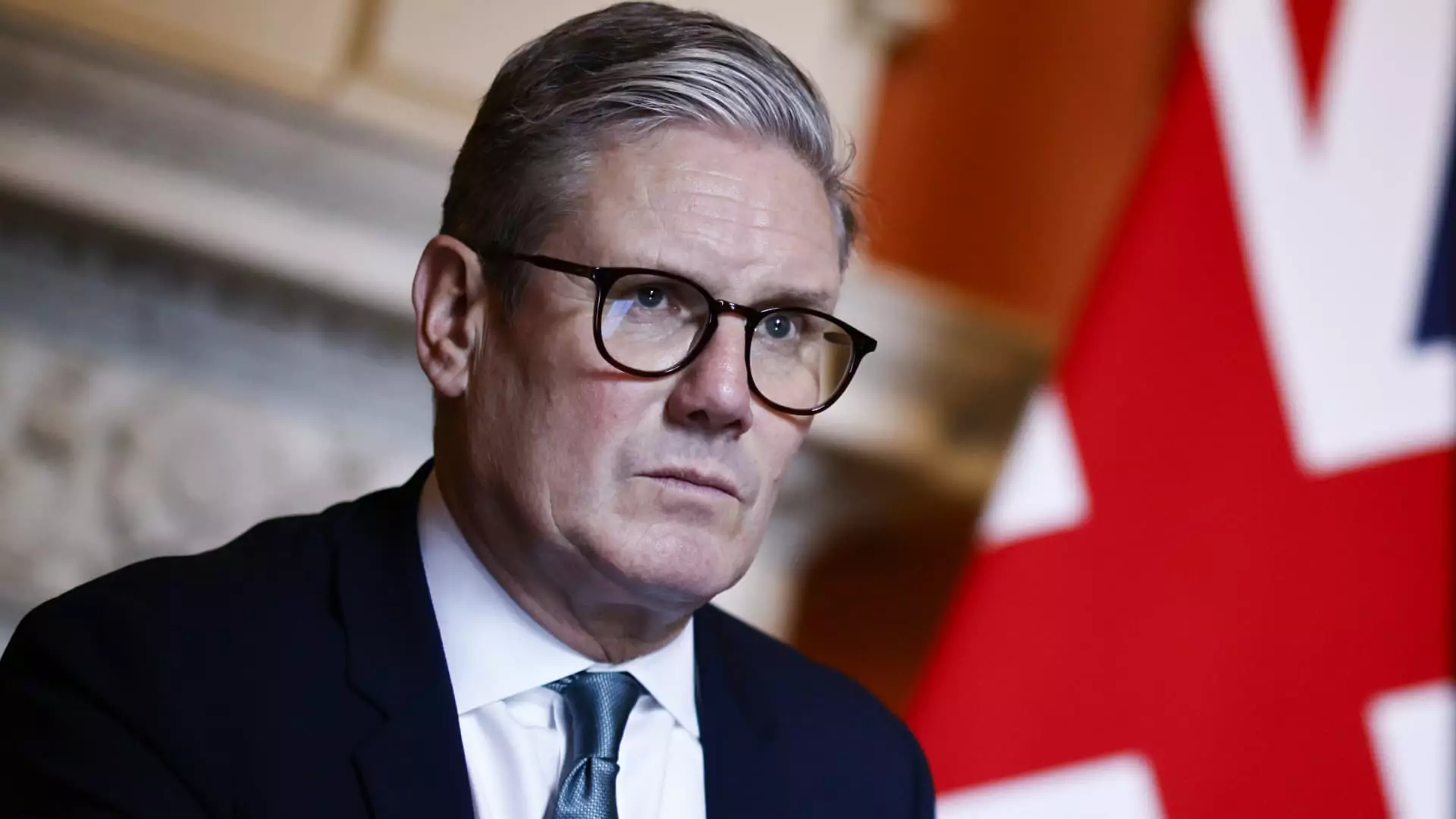The recent resignation of Sue Gray, chief of staff to British Prime Minister Keir Starmer, has raised eyebrows and added to the swirling narrative of discord within the Labour Party’s inner circle. Gray’s resignation, reported on Sunday, comes only months after Starmer’s landslide victory in the July elections. The abrupt departure reflects not only individual tensions but also the broader struggles of the Labour Party as it attempts to navigate the profound expectations set during the campaign. Gray, a senior civil servant turned political advisor, was once seen as a stabilizing force within Starmer’s team. However, rumors regarding her position and responsibilities began to overshadow the government’s agenda.
Speculations about internal team dynamics intensified following media leaks concerning Gray’s remuneration in the wake of her appointment. Anonymous officials pointed fingers at her, suggesting her presence was contributing to a challenging atmosphere for Starmer’s administration. In response, Gray acknowledged the “intense commentary” surrounding her role, indicating that such distractions could impede the government’s objectives. This scenario is emblematic of the early pitfalls of Starmer’s leadership, as he seeks to implement significant changes in a post-Conservative landscape while wrestling with the party’s internal strife.
The Weight of Expectations
Starmer’s administration came into power with high hopes of delivering reform after 14 years governed by the Conservatives. However, his administration has been marred by criticism over the acceptance of lavish gifts from wealthy patrons—a situation that has sparked serious concerns over ethics and governance. Despite Starmer’s attempts to remedy this issue by repaying significant amounts of money, the damage has already been done. The optics of a government cutting financial support for energy bills to pensioners while entangled in financial controversies present a stark contradiction and is damaging in the eyes of the electorate.
To address these problems, Starmer has made strategic changes within his team, including elevating Morgan McSweeney as Gray’s successor and establishing a new communications division led by former journalist James Lyons. Such structural adjustments are crucial as Starmer and his finance minister Rachel Reeves gear up to unveil their inaugural tax and spending blueprint later this month. The implications of these plans will be far-reaching, and any missteps could exacerbate an already tenuous situation for Starmer.
Criticism from the Opposition
The Conservative Party, capitalizing on the turmoil, has framed Starmer’s government as one engulfed in chaos, particularly following Gray’s resignation. They argue that rather than implementing a forward-thinking agenda, the government is mired in self-interest. The opposition’s critique underscores the precarious position Starmer occupies—while he envisioned a government characterized by discipline and accountability, his early tenure has been overshadowed by scrutiny and backlash, challenging his credibility and authority.
Keir Starmer stands at a crucial juncture, navigating the dual challenges of internal discontent and external criticism. The path forward will demand not only strategic thinking but also a commitment to restoring trust within the party and with the public. As the Labour Party approaches key announcements that could define Starmer’s leadership, the coming weeks will be pivotal in shaping the party’s future and its ability to govern effectively in a transformed political landscape.


Leave a Reply